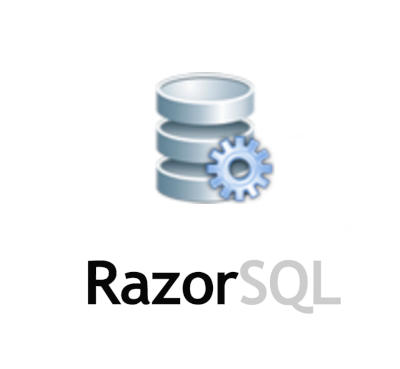5 Best Data Management Software Solutions For Your Business In 2023
The biggest stumbling block of business is expanding its database. A few of the issues one may have to deal with when trying to expand their database are storage issues, complicated management issues, difficulties in locating, sharing, and controlling isolated data. To drive growth, a company must have the right data management strategy and the right data management tools.
5 best data management software solutions
Oracle RDBMS
As a leader in the niche, this object-relational solution improves with each new update. The latest is a cloud-based one that supports all current versions of Windows, Linux and UNIX. This advancement also includes reducing its size, faster performance and more storage. An advantage worth mentioning is the ability it extends to users to create partitions, improving your control over your data.
Amazon RDS

This tool allows users to handle huge workloads in a single database. Additionally, you can reach third-party databases, including MySQL, Oracle, and Microsoft SQL. Another advantage of the Amazon Relational Database Service is its maximum security. This is achieved through a dedicated connection and built-in data backup and recovery functionality. The payment scheme is quite cost effective as you only pay on demand for the resources you use.
Razor SQL

With support for more than twenty programming languages, this solution is quickly gaining on the two aforementioned monsters thanks to its list of features. First, it allows you to create, update, or delete SQL statements piecemeal whenever your needs require it. Second, you can use it to check tables, schemas, columns, structured indexes, and even unidentified keys. Third, its import options are extremely broad, allowing you to incorporate Excel spreadsheets, fixed-width files, and extended data files.
Informix dynamic servers
It’s called dynamic, not for nothing. This tool is highly scalable, flexible in operation and can process data in parallel multi-threaded mode. It works with Windows, Mac and Unix, Linux operating systems and supports Internet Protocol, while the solution’s online transaction processing is an undeniable strength.
Altibase
There are two main features of this solution that differentiate it from the ones we mentioned. The second is its hybrid storage capacity, which includes both an in-memory device and a disk-resident database.
Features of data management software
Data quality control – This feature allows you to detect and fill gaps if they occur in your data, as well as remove redundant information that takes up storage space and confuses analysis efforts.
Data change check – You can see when and how any piece of data has been changed by receiving a corresponding notification.
Data organization – Unstructured data is difficult to perceive and interpret. That’s why a good tool stores all the information in a comprehensive catalog and gives you a choice of records, tables, objects or other media to organize your data hierarchically.
Data durability – The last thing you want to see is data disappearing from your system. This is why a solid data management solution should provide data backup to minimize the risk of data loss.
Data security – Another unpleasant event that haunts your nightmares is a data breach followed by imminent financial and reputational damage. To prevent system compromise, the database management tool must use tokenization, encryption, access control, and other security mechanisms.
Workflow automation – Machines are meant to relieve people of basic or repetitive tasks, and most data management solutions do just that by automating many data processing tasks.
Conclusion
The concepts of data management and why it is important for businesses to have a solid data management strategy. It then shows you the different types of data management tools available in the market along with a few key features that set them apart from the rest. The decision to use one or more of these tools is ultimately up to you depending on your requirements.








Leave A Comment
You must be logged in to post a comment.